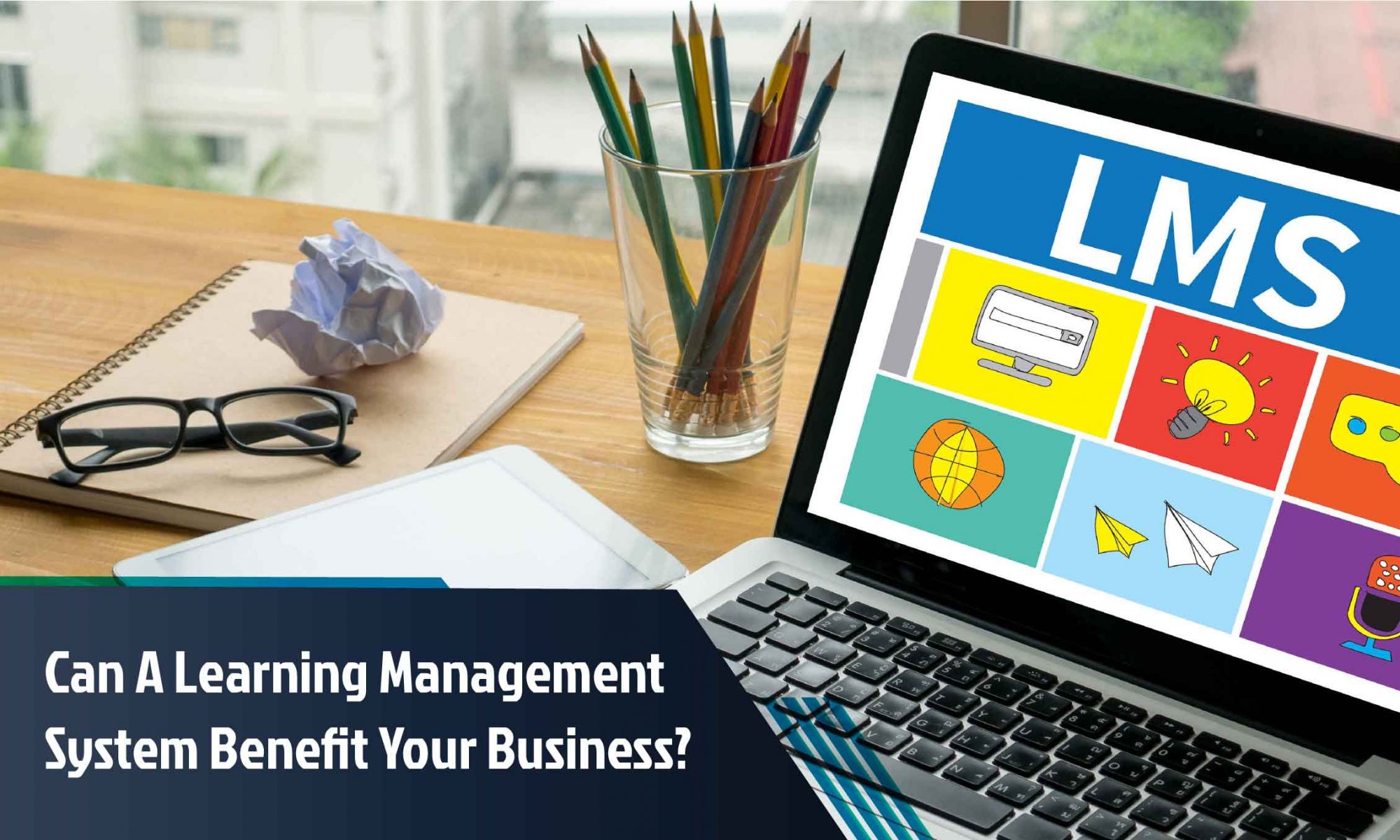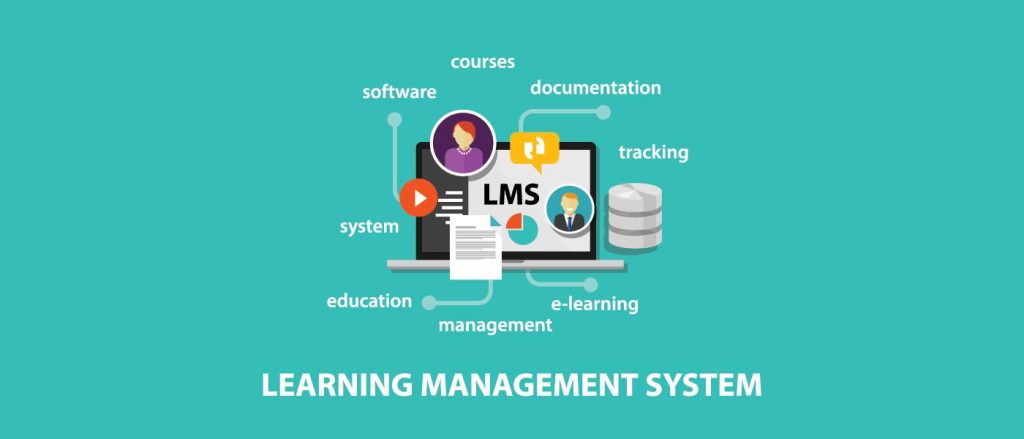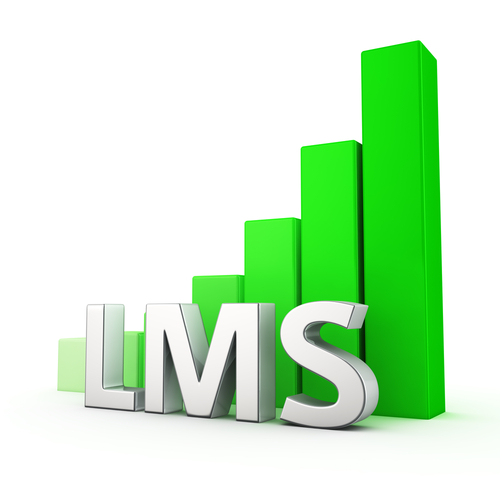Four Emerging Trends in LMS
Learning Management System, commonly abbreviated as LMS, is a software tool or a web-based application which is used to plan, administer, implement, assess, track, report and deliver a particular learning process. Some of the common features of LMS include document management, multiple device access, rosters, student engagement, assessment and testing, grading, registration control and course calendars. Corporate Learning Management Systems come with enhanced features, such as automated enrollment process, improved security, white labeling and multi-lingual support.
With the enhancement in technology and emergence of many latest techniques and methods, there are transformations that are being implemented in learning management systems as well. On the basis of current and upcoming technological advancements and user expectations, here is a list of four emerging trends in LMS that have been forecasted.
-
Cloud-based LMS:
Cloud computing is a disruptive innovation that has brought a revolution in the technical processes and methods. The use and application of cloud computing in the area of LMS is expected to grow in the coming years. It will also provide numerous benefits to the service providers and users with a decrease in the total cost of ownership (TCO). The additional set of benefits will include improved security, increased flexibility, and adaptability with enhanced connectivity and transparency. This will be advantageous for the large-scale as well as small-scale learning organizations. Some of the companies have already implemented this approach and have released the cloud-based LMSs in the market. The top players on the list include Adobe Captivate Prime, ExpertusONE, Dokeos, Administrate, LearnUpon, Agylia, Matrix LMS and many more.
-
Video & Gamification Modules:
The global game-based learning market was valued at US$3.487 billion in 2017 and is expected to grow at a CAGR of 19.60% to reach a market size of US$8.532 billion by the year 2022. It is a scientific fact that visual elements and graphics have a higher impact on the learning abilities as compared to the theoretical content. The engaging power and visual appeal of the games are far better than the plain text static graphics. The use of videos and gamification modules in LMS will allow the learners to gain a better understanding of strategies, decision-making abilities, time management requirements, risk-taking etc.
The use of games in the current LMS is limited and is expected to improve in the future-learning systems. Streamed and uploaded videos will be integrated with the future LMS.
-
Personal Learning Environment (PLE):
There have been modifications witnessed in the PLE for LMS. The adequate use of PLE can have positive implications on the user interface of LMS. The future learning management systems must make use of PLE to allow the users to easily manipulate the interface for increased freedom with the usage of the system. The end user requirements should be fulfilled by integration with the social media platforms and blogs. Semantic search functions shall also be applied in the LMS along with the tracking of learner’s interests and knowledge gaps. User-based content generation should be added as an additional utility. Such features in the learning management systems will have a higher applicability in the corporate environment. Enhanced project-based training and learning, information sharing, conflict management etc. will be made possible as a result.
-
Talent Management:
The companies have begun the process of integration of Talent Management and Learning Management Systems. The primary motive of a talent management system is to highlight the gaps in knowledge and skills of an employee while LMS works towards filling of such gaps and enhancement of the skills of the employee.
The future LMS should be designed in such a manner that it will be able to suggest new courses and learning resources specific to the learner.
The present-day learning management systems are not the same as the systems launched 10 years back. The future is also expected to witness multiple changes and transformation with a few of them covered above. The use of LMS is expanding in the field of education, healthcare, marketing, finance, engineering, pharmaceutical etc. It is required for the business organizations and units to continue their research on the methods that can be adapted for enhanced design and implementation of these systems for the increased learning of the employees and the associated resources. The use of Business Intelligence (BI) concepts should be explored by the companies in the area of LMS.
Stay up to date on what's new

Recommended Posts

28 Sep 2019 Education
Learning Management System: Why Your Business Needs It?
Top 6 Reasons Why Implementing LMS Is Crucial for Your Business With the rise of technology implementation in various business processes, the LMS market is forecasted to reach USD 22.4……

09 Mar 2018 Education
LMS of “Present” and Ways to Enhance It
In today's tech-neutral age, knowledge and skills are the key sources of competitive advantage. Smart enterprises institute Learning Management Systems (LMS) to harness and organize the corpus of knowledge available……

12 Dec 2017
Top Considerations While Developing a Mobile-First LMS
Mobile technology is being used and applied in every business sector and the use of mobile devices is on an all-time rise. It has become necessary for the organizations to……
Featured Blogs
Stay up to date on
what's new


















 US
US Insurance
Insurance









































